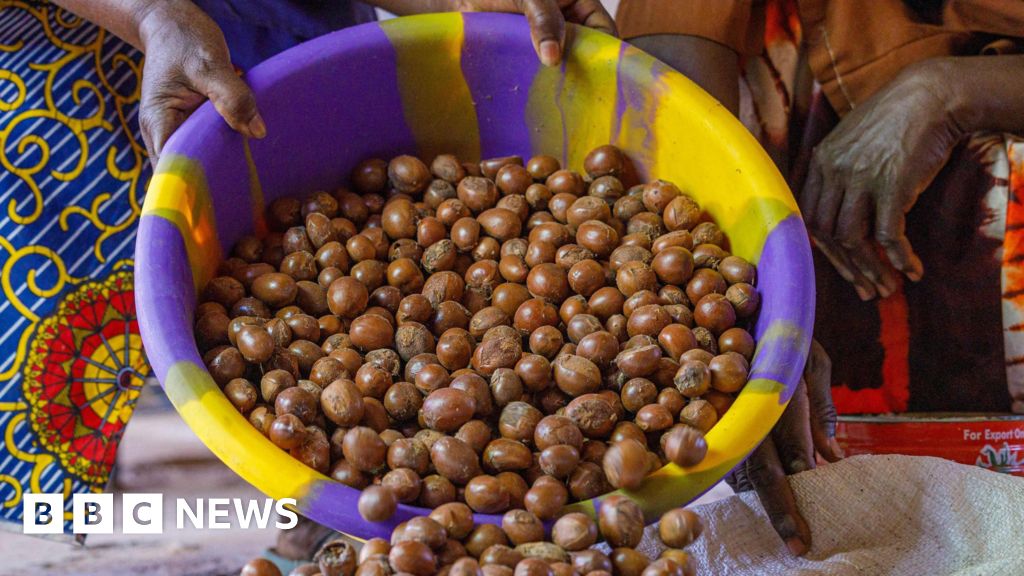The bustling holiday scenes in Nigeria are often a blend of joy and discontent. As Nigerians abroad, often referred to as "I Just Got Back" (IJGB), return home for festivities, they bring with them not just gift-laden suitcases but a stark contrast that reveals the nation’s class divide. Their presence is marked by Western accents merging with local dialects and wallets seemingly overflowing thanks to favorable exchange rates. However, this influx also casts a shadow over local residents facing rising costs and economic disparity.
Especially evident during the festive season known as "Detty December"—a term capturing the revelry surrounding Christmas and New Year—locals in Lagos and Abuja express their frustration. The increased demand from returning expatriates drives up prices, congests city traffic, and shifts business priorities away from regular customers, leaving many feeling alienated in their own cities.
Reflecting on these dynamics, one Lagos-based radio presenter comments on the palpable economic divide. In a nation rich in natural resources, where statistics indicate that over 60% of wealth is owned by a mere 10% of the population, the divide only widens. The 2023 reports from the World Bank highlight that an alarming 87 million Nigerians live below the poverty line, amplifying the urgency for change amidst dialogues around socio-economic inequalities.
Sociology professor Martins Ifeanacho outlines how the roots of this gap extend back to Nigeria's post-colonial era—reflecting systemic issues rather than individual failures. With a political elite focused on wealth accumulation, the majority of citizens are often sidelined in the nation’s economic discussions.
Social mobility is particularly challenging for the underprivileged in a class system where status is often dictated by financial visibility. The situation is exacerbated by a cultural perception where even a foreign accent can elevate one's social standing, illustrating how perceived wealth shapes access to opportunity in Nigeria.
As Nigeria's workforce continues to grow, the allure of emigrating in search of better prospects becomes increasingly enticing, leading young professionals, particularly Gen Z and millennials, to pursue opportunities abroad. A phenomenon coined "japa" captures this migration trend, driven by aspirations of escaping difficult local conditions.
Recent surveys find at least 70% of young Nigerians would relocate if they could. However, the pathway to emigration often involves substantial financial burdens, limiting such choices to the already privileged. For those who do return, such as 28-year-old Lulu Okwara who studied in the UK, the pressure to succeed and showcase achievements intensifies, fueling expectations among their peers and families back home.
The paradox plays out vividly: while IJGBs return to a hero’s welcome, their financial realities may not always match the façade. Some returning expatriates, faced with economic realities, attempt to reclaim their expenses after local engagements, revealing the pressures to maintain an appearance of affluence within a scrutinizing society.
In Nigeria, where status symbols often dictate social pathways, the narrative surrounding returning diaspora members remains complex. The IJGBs embody hope and aspiration but also highlight the harsh truth of widening divides within their homeland—raising questions about the future of unity and equity during what should be joyful celebrations.




















